The study on the Outlook of Islamic Finance in Pakistan said the banking sector is growing and market share in 2018 is expected to rise to 15% percent.
The Islamic Research and Training Institute (IRTI), a member of the Islamic Development Bank Group, and Thomson Reuters in collaboration with the Centre for Excellence in Islamic Finance (CEIF) at the Institute of Business Administration (IBA), yesterday launched the Pakistan Islamic Finance Report titled ‘Innovation at Asia’s Crossroads’. This is the eighth report in a series of Islamic Finance Country Reports published jointly by IRTI and Thomson Reuters, aimed at supporting the development of the global Islamic finance industry through the provision of information and insights.
The ceremony, which took place in Karachi, was attended by senior government officials, market executives and industry professionals. The study recognizes the country’s remarkable success in developing the Islamic finance industry and contributing to the overall growth of the economy.
Dr. Ishrat Husain, Chairman of CEIF said “we are pleased to be a strategic partner with IRTI and Thomson Reuters to support the provision of knowledge and market intelligence on the Islamic finance industry. Pakistan, the world’s second largest Muslim population, offers a broad range of exceptional and untapped opportunities for Islamic finance to play an important in role in further building the country’s sustainable economic development. We are confident that this study will present a comprehensive insight into the development of the Islamic finance industry in Pakistan and how these opportunities can be best explored”.
The Pakistan study also provides recent developments across the Islamic finance industry and the broader economy and identifies challenges for the country’s future before presenting a number of key development recommendations.
Since its independence in 1947, Pakistan has been striving to develop an economic system based on Islamic principles, the study explains. And in the past 15 years, Pakistan has shifted to a dual Islamic/conventional financial system, which boosts business with the global economy while making progress towards a fully Islamic financial system by building market demand for it. Policymakers and regulators in Pakistan have made positive strides to reform the legal and regulatory framework in the past decade.
The study also highlights the country’s resilient agricultural production, strong potential for hydropower generation, oil production, natural gas reserves, and large gold and copper ore deposits. These resources should also be fully utilized to help accelerate the growth and development of the country, and the Islamic finance industry is a potential partner for structuring and financing such industrial projects.
“Islamic finance is taking strong roots in Pakistan with the support from the government as well as from the State Bank of Pakistan, and the Securities Exchange Commission. Besides the growth in Islamic financial assets, a sustained progress can be observed in regulations, highlighting new frameworks for Shariah governance for Islamic financial institutions, Sukuk and Takaful. The Islamic finance industry is establishing on a robustfooting and we are confident that it has a strong potential for leading the international Islamic finance industry,” said Professor Dr. Mohamed Azmi Omar, Director General of IRTI.
The report highlights that the Islamic capital market sector registered a remarkable growth at a double-digit rate in the past decade, recorded mostly by Islamic mutual funds. Takaful and Mudarabah companies are catching up, despite the relatively small size of these industries. In all Islamic finance industry segments, finance professionals and investors maintain a positive economic outlook, and Islamic finance institutions have built strong fundamentals.
The study also highlights some key trends in the future growth of Islamic finance in Pakistan. These include the rise of branchless Islamic banking via mobile services, the fast growth of the KME Meezan Index (KMI-30) and Islamic All-Share Stock Indices, open market operations on government Sukuk to maintain the liquidity of the Islamic banking system and the rapid expansion of Islamic microfinance.
“To maintain this pace of growth, we recommend that policymakers and professionals continue their reform of regulations and integration with global Shariah and governance standards, the expansion and deepening of an Islamic finance education curriculum, and their marketing effort towards rural areas, to spread awareness and financial inclusion,” said Mustafa Adil, Head of Islamic Finance at Thomson Reuters. “We have no doubt that in the coming decade, we will see Pakistan as key international player for the growth of the global Islamic finance industry”.
To download the full version of Pakistan Islamic Finance Report: Innovation at Asia’s Crossroads, please visit the pages below:
http://islamic-finance.zawya.com/ifg-publications/Pakistan-300816074233A/
http://www.irti.org/Reports/Pakistan.pdf
HA/PR


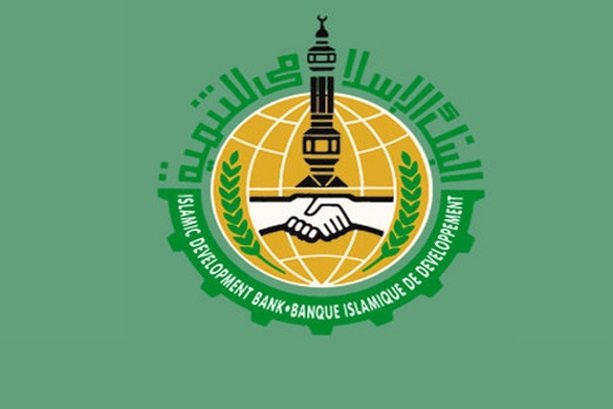
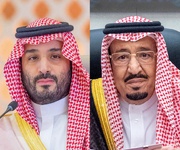
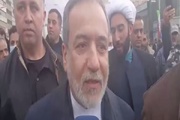
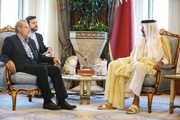
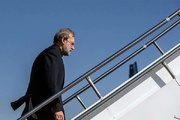


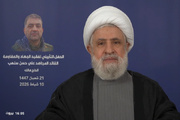
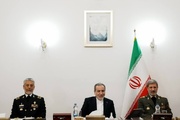
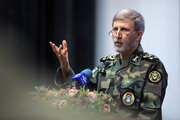
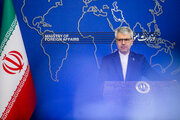




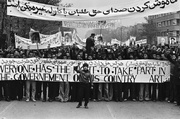




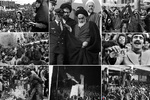
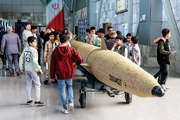

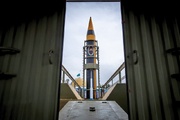
Your Comment